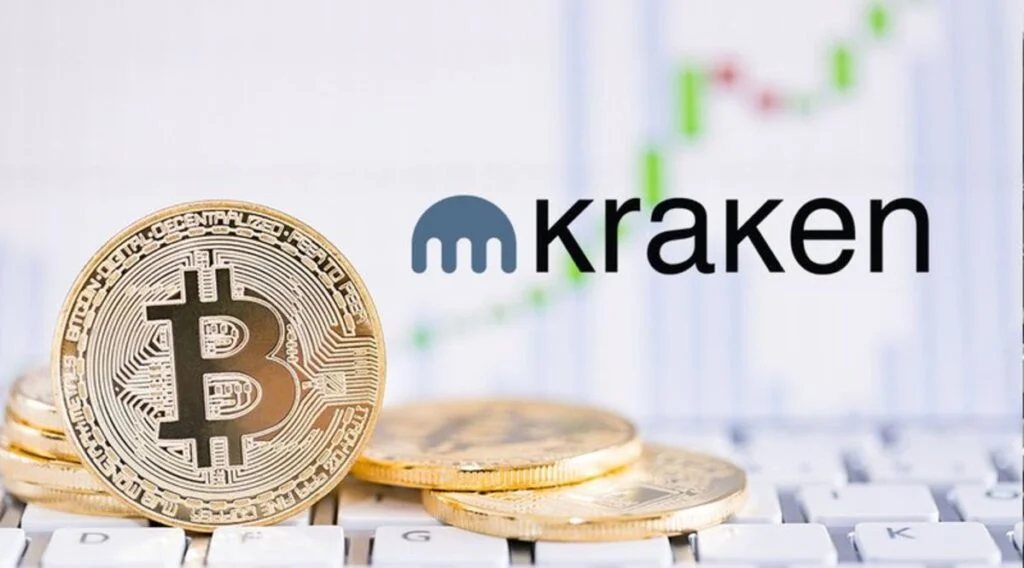In accordance with EU sanctions, Kraken is the most recent cryptocurrency exchange to impose restrictions on Russian user accounts on its platform.

Kraken informed its Russian clients via email on October 19 that the exchange is discontinuing service to Russian clients.
“Due to the new European legislation, we have to take measures to restrict your Kraken account,” the company said.
Russian users would be able to request a withdrawal of their funds, according to an email.
“We will update our support center if there are any changes,” Kraken noted, adding: “We apologize for the inconvenience caused.”
If there is a time limit for Russian citizens to withdraw money from the exchange, Kraken didn’t make it clear. According to a Kraken representative, the company complies with “legal and regulatory obligations in all jurisdictions” where it conducts business. Since the EU’s decision, the spokesman stated, “we have been working to make the changes necessary to comply with the most recent package of sanctions against Russia.”
The most recent restrictions Kraken is subject to are not the first time regulators have ordered centralized exchanges to close down certain accounts.
Former Kraken CEO Jesse Powell criticized the Canadian government in February 2022 for blocking cryptocurrency wallets used to finance regional COVID-19 protests. He advised cryptocurrency investors to remove their cryptocurrency from exchanges and directly warned the public that regulators would force Kraken to freeze some wallets.
“If you’re worried about it, don’t keep your funds with any centralized or regulated custodian. We cannot protect you,” Powell said at the time.
In accordance with the most recent EU sanctions against Russia, Kraken has restricted Russian customers on its platform, joining the growing list of international cryptocurrency exchanges and wallets that have stopped providing services to Russians.
As was previously reported, a number of cryptocurrency businesses, including LocalBitcoin, Blockchain.com, and Crypto.com, have stopped serving Russian customers.
The eighth set of EU measures, which went into effect on October 6, includes the new crypto restrictions. The restrictions impose a total ban on all cryptocurrency payments and exchanges between Russian consumers and businesses subject to European regulatory oversight. In April, the EU enacted its first cryptocurrency sanctions against Russia, prohibiting users or citizens from trading if their holdings at the time surpassed 10,000 euros ($10,000).
